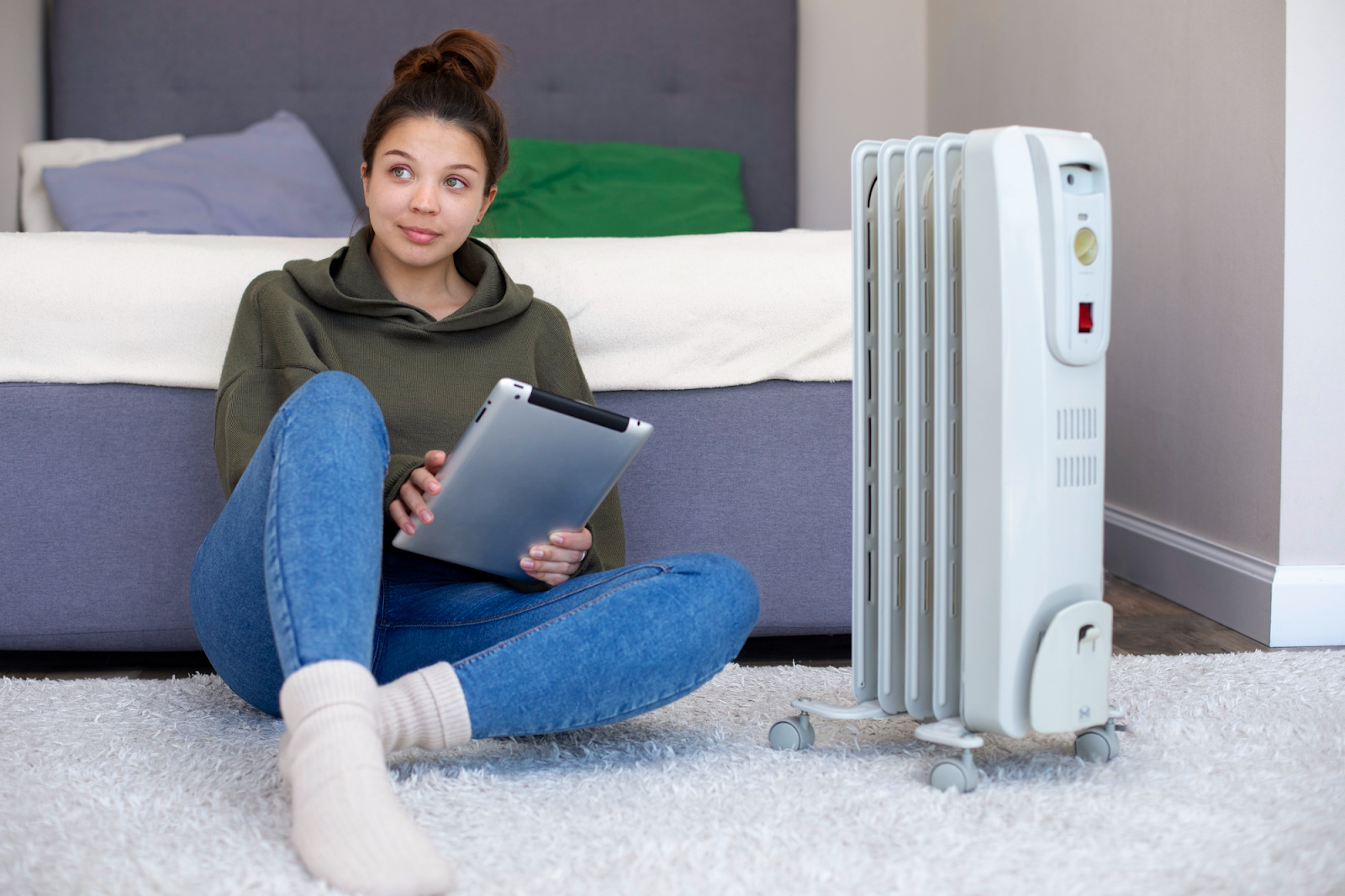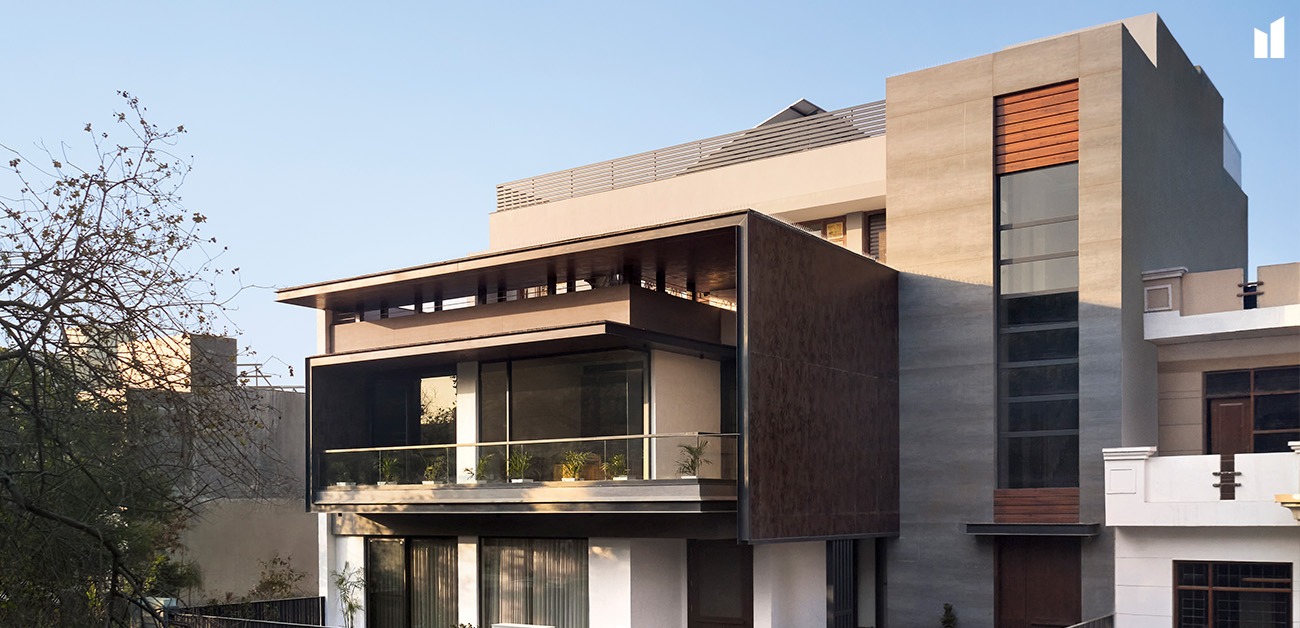Heating and cooling systems are essential components to keep the indoor environment comfortable throughout the year. Without proper maintenance and assistance, heating and cooling systems can deteriorate, leading to malfunction and inefficient performance. This can also increase energy bills.
However, homeowners can adopt a few appropriate strategies to improve HVAC efficiency. In this article. We have discussed a few helpful techniques for maximizing heating or cooling system performance.
Ensure timely AC Repair
It is important to ensure the AC unit is working optimally and efficiently. Neglecting timely AC repair can worsen the condition and lead to expensive replacements. Noise, smell, inefficient cooling, or an increased electricity bill could be potential warning signs to schedule a professional inspection.
That is why it is essential to ensure thorough inspections and quick repairs. In this way, your air conditioning can run smoothly and optimally for years to come.
Optimize the performance with HVAC Load Calculations
Calculating the load is one of the vital steps for optimizing the system performance. This approach not only helps to determine the capacity but also the proper size of the system. An oversized unit quickly cools the room, but it will not operate continuously, waste energy, and the quicker cycles wear out electrical and mechanical parts more quickly. On the other hand, an undersized unit cannot maintain the temperature in the space. The HVAC load calculations help to:
- Ensures that your HVAC is sized correctly
- Improves indoor comfort and temperature control
- Reduces wasted energy and provides financial savings monthly
- Extends the useful life of the system
Upgrade to a programmable or smart thermostat
A simple yet practical method for improving an HVAC system’s efficiency is to use a programmable or smart thermostat. It can provide an added level of convenience and efficiency.
The smart thermostat automatically learns user preferences and makes incremental adjustments to the time intervals while reducing energy usage. Moreover, many smart thermostat options can be controlled through a smart device application. This provides users with convenience and energy management.
Seal and Properly Insulate Ductwork
Leaky ductwork or poorly insulated ducts can cause an HVAC breakdown. Any conditioned air escaping from the ducts reduces the HVAC efficiency. Properly sealing duct joints and insulating exposed ductwork can reduce energy losses and improve the performance of heating and cooling systems.
Improve home insulation and weatherproofing
Heat can travel easily and quickly with poor insulation. Thus, your system runs continuously to maintain your comfort level.
Here are some simple insulation and weatherproofing suggestions:
- Seal the doorways and windows with weather stripping and tape.
- Seal openings and cracks with caulking or foam.
- Get double-glazed high-efficiency windows.
Conclusion
Making your heating and cooling system more efficient doesn’t always mean costly upgrades or replacements. By ensuring timely repairs, HVAC load calculations, installing smart thermostats, sealing your ductwork, and improving your insulation, you can experience significant savings and an improvement in comfort.
These smart strategies not only help prolong the life of your HVAC system but also make your home and environmental footprint more sustainable and economical. Making these adjustments can create a more comfortable future while balancing your energy consumption.

